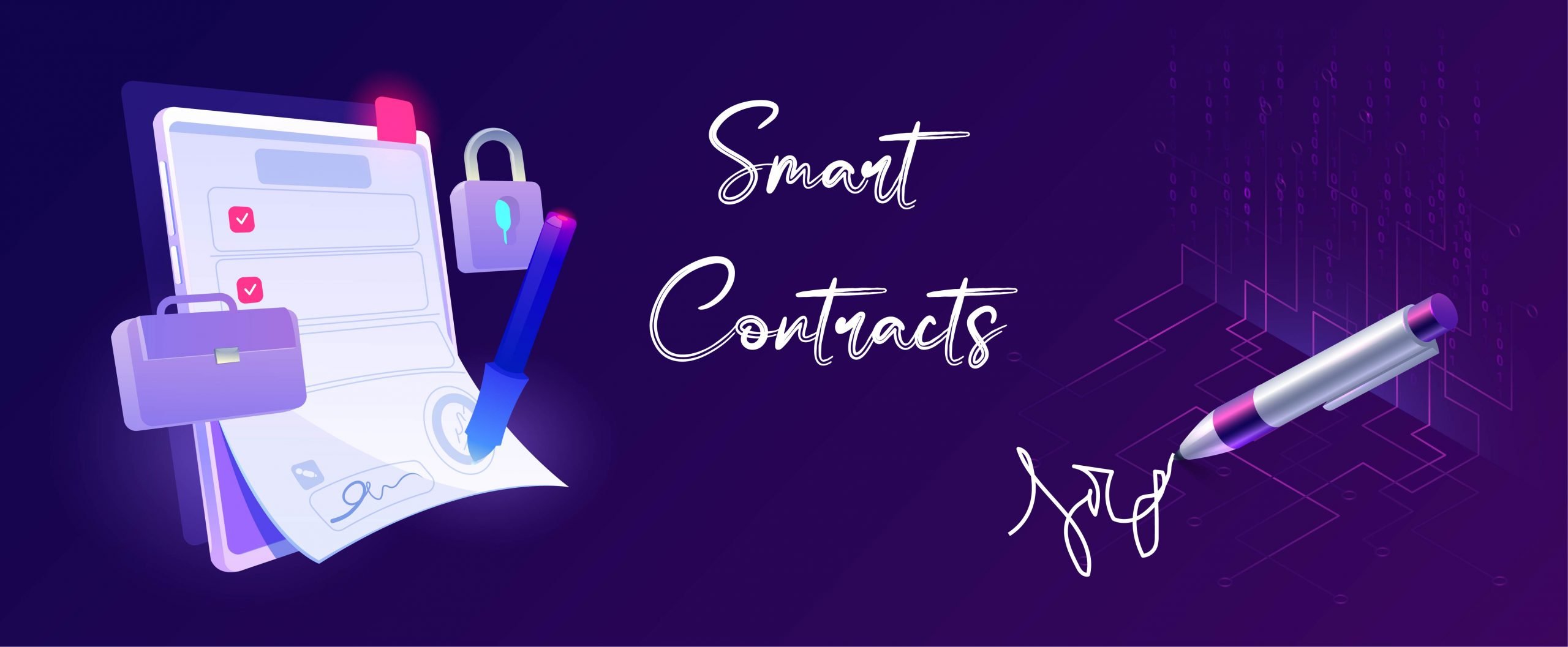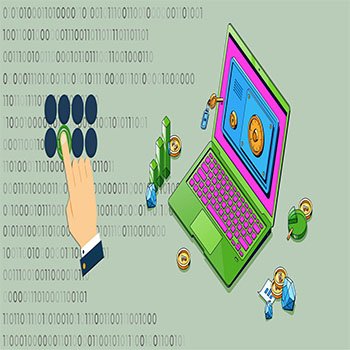Smart Contract Platform Enabling CryptoCurrency

Created On : 01/09/2021 Updated On : 02/09/2021 Read Time : 03 min
What Is A Smart Contract Platform Enbling Cryptocurrency
What Is A Smart Contract?
A smart contract is a low-level application that creates a business idea by responding to events. Creating a smart contract can lead to an exchange of money, service delivery, unlocking content protected digital rights management or other forms of data management such as changing the name on a land title. Smart contracts can be used to put in force privacy protection, for example, through facilitating the chosen launch of private records to fulfill a particular request.
How Do Smart Contracts Work?
A smart contract is a unique kind of application that includes enterprise logic that works on a unique-motive virtual machine baked in a blockchain or a different kind of distributed ledger.
The manner of making a smart contract starts with commercial enterprise agencies running collectively with developers to outline their necessities for the desired behavior of the smart contract in reaction to numerous events or situations.
Smart Contract Applications And Blockchain
Blockchain is ready to keep smart contracts due to technical security and immutability. Smart contract data is encrypted to a shared ledger, making it difficult to lose the stored information in blocks.
The Benefits Of A Smart Contract
Cost-Effective
Smart contracts guarantee the creation of automated business processes that expand organizational boundaries. This could eliminate many operating costs and save resources, including the staff needed to monitor the progress of complex processes that are being made to respond to corporate conditions.
Processes Speed
Smart contracts can improve the speed of processing business processes that work in many businesses.
Autonomy
Smart contracts are automatically generated by the network and reduce the need for a third party to manage transactions between businesses.
Reliability
Smart contractors can also use blockchain ledgers and other distributed ledger technologies to keep a proven record of all activities related to the implementation of complex and unchangeable processes behind the fact. It supports automated transactions that eliminate the power of human error and ensure the accuracy of contract operations.
Top Case Studies You May Like
Description about the article in one or two lines
Description about the article in one or two lines
Description about the article in one or two lines
Description about the article in one or two lines
Description about the article in one or two lines
Description about the article in one or two lines





